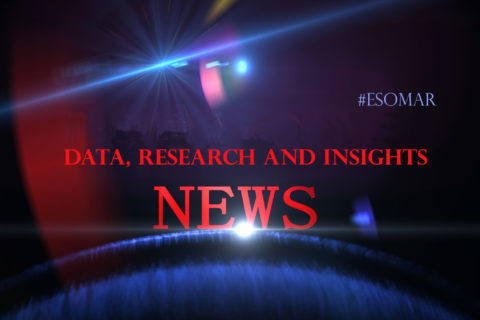By Andrew Jeavons
“The essence of a personality seems to have been deviance, abnormality, uniqueness…” The Glass Bead Game, Herman Hesse
It’s surprising what you remember from your undergraduate finals exams, in my case a pretentious quote to start off an essay on what psychologists’ term “individual differences”. It was the 70’s, what can I say?
Individual differences are more generally known as the study of personality. We all know that people behave differently. This can range from very slight differences (swearing for instance) to gross violations of social norms (murder). The Hesse quote highlights the fact that often personality characteristics, often called “traits”, are sometimes expressed in terms of abnormal behaviour. The current dominant theory of personality is called the “Big Five” theory. As the name implies, it uses the traits of openness, conscientiousness, extraversion, agreeableness and neuroticism. The last trait is an example of an abnormal form of behaviour being used in a context of personality theory. The traits in the Big Five theory have their roots in earlier trait theories. Extraversion/intraversion is well known, conscientiousness can also be viewed as anxiety, the agreeableness trait is renamed psychoticism/socialisation. Fairly standard stuff. Where it gets interesting is the US Presidential election in 2016.
It’s hard to avoid the current controversy surrounding Cambridge Analytica and its possible role in manipulating elections in the USA and Europe via their use of Facebook data. Cambridge Analytica copied the University of Cambridges’ personality test. This was developed by the University of Cambridge Psychometrics department. The Psychometrics department developed a Facebook app that used users likes, preferences et al to make predictions about Facebook users life satisfaction, leadership potential and so forth. The Psychometrics department has a personality trait prediction model based on Facebook data which seems to work a lot better than a questionnaire. Their website gives some more details of their app and what it can predict. They state that the:
“PredictionAPI engine can forecast a range of variables that includes personality, happiness, intelligence, entrepreneurial potential and more”
This is all derived by Facebook “likes” and text information posted, there is also an “open text prediction” tool which will take a piece of text and try to predict the psycho-demographic profile of the author. It’s extremely unfortunate that the leading-edge work being done at Cambridge University Psychometrics department is overshadowed by the Cambridge Analytica controversy.
Many market researchers think that personality theory (any personality theory) should provide psycho-demographics that could be used to analyse data. I was involved some years ago in a small project that tried to use the Big Five theory in a survey as a psychographic variable. It didn’t work. As someone else involved in the experiment said “it didn’t move the needle”. We know there are individual differences in personality and behaviour, so it seemed logical that this would affect responses to surveys or behaviour in other market research data collection activities. What is missing is some way of assessing those individual differences that does not involve an onerous questionnaire. The work at Cambridge Psychometrics department point to a solution to this problem. By looking at a behaviour (in this case behaviour on Facebook) psycho-demographic variables can be derived. Indeed most “standard” demographics are an attempt to derive some index of behaviour from available data. For instance, it is logical to assume that people who have more money show different purchasing behaviour to people who are poor. Hence we ask about income in the hope of it being a predictor of purchasing (and other) behaviour.
The use of Facebook data to assess personality now seems to be a very risky endeavour given the controversy surrounding Cambridge Analytica. However, it does point to a possible approach to the assessment of personality characteristics via preferences and the analysis of text information. For the market research industry this could be an answer to the search for psycho-demographic measures which don’t involve long questionnaires.
I allowed the Cambridge website access to my Facebook and twitter accounts to test how well it does in predicting my “personality”. Here are a few items from its assessment:
- “Your digital footprint is fairly androgynous; it suggests you’re probably Male but you don’t repress your feminine side”
- “Your digital footprint suggests that you are quiet and somewhat withdrawn. It describes you as someone who doesn’t need lots of other people around to have fun, and can sometimes find that people are tiring”
What is fascinating is the Facebook “likes” that predict certain characteristics. The TV show “The Big Bang Theory” seemed to be a big driver of its predictions about me. Bazinga!
By Andrew Jeavons, Signoi


